Hormone Therapy (tablets)
Tablets that stop the body from making testosterone or prevent testosterone from reaching the prostate cancer cells.
Watch our short animation to learn more about hormone therapy.
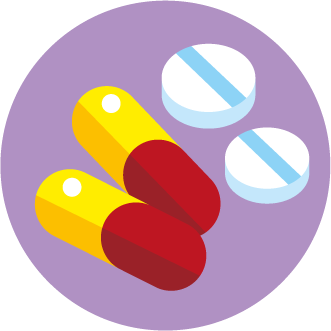
Hormones are made by glands. They act like chemical messengers. They travel around the body in your blood.
Testosterone is a male sex hormone (an androgen). It is made mainly by your testicles. A small amount of testosterone is also made by your adrenal glands. These are on top of your kidneys. Testosterone affects:
Testosterone usually helps prostate cancer to grow.
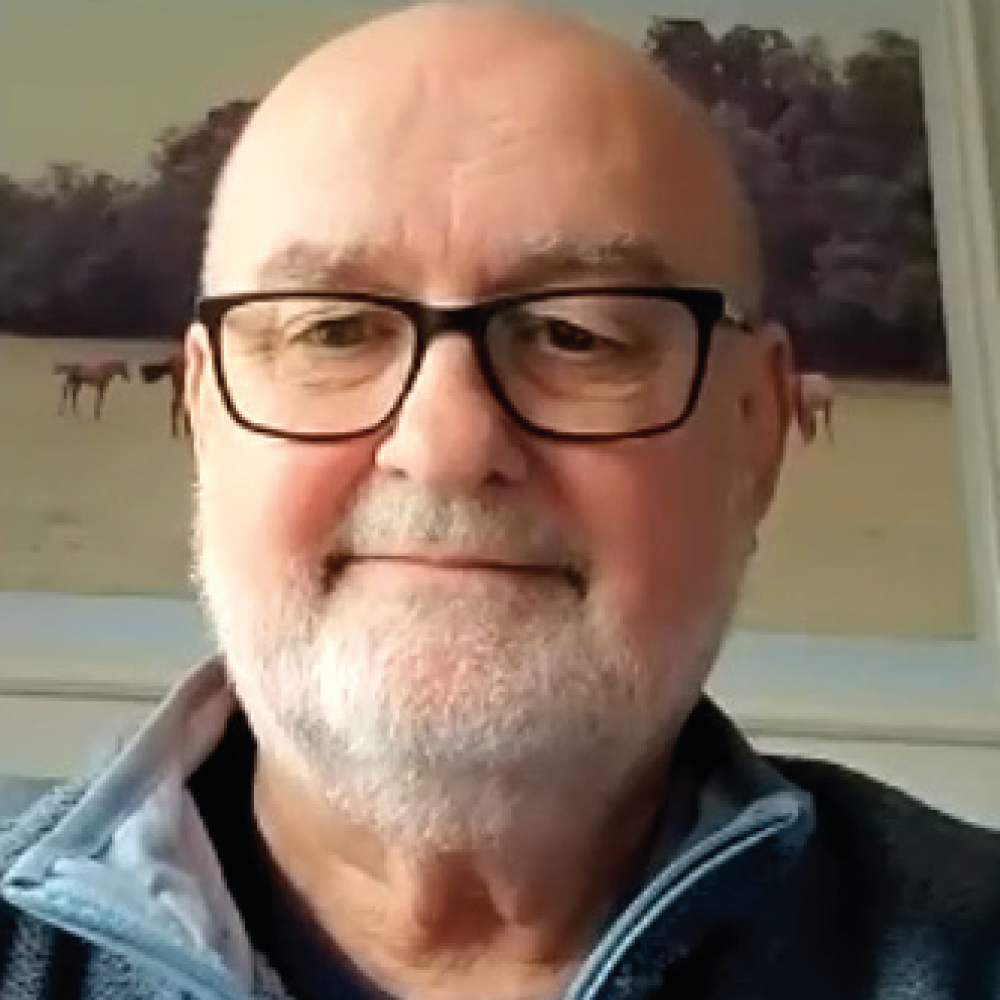
1. First generation antiandrogens
These antiandrogens are not used as often now.
2. Second generation antiandrogens
These are newer types of antiandrogens.
Apalutamide (Erleada) 240mg daily. This may be 4 x 60mg tablets or 1 x 240mg tablet. Ask your healthcare team or GP for more information.
3. Abiraterone
It works in a different way to the antiandrogens.
It works by blocking the production of testosterone from the:
Abiraterone is taken as two-to-four tablets daily.
If you are taking abiraterone you will also need to take prednisolone (a steroid). This will help to reduce some of the side effects.
Your doctor will decide which hormone therapy tablets are the right ones for you.
You will be given hormone therapy tablets on their own or alongside another treatment, e.g. androgen deprivation therapy (ADT). This is usually given as an injection. It is usually a lifelong treatment at this stage. To learn more about ADT, visit our hormone therapy injections page (this link will open in a new tab).
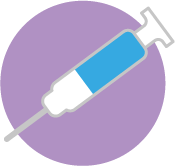
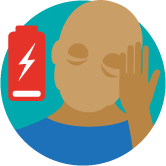
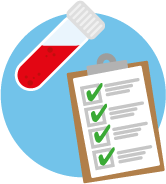
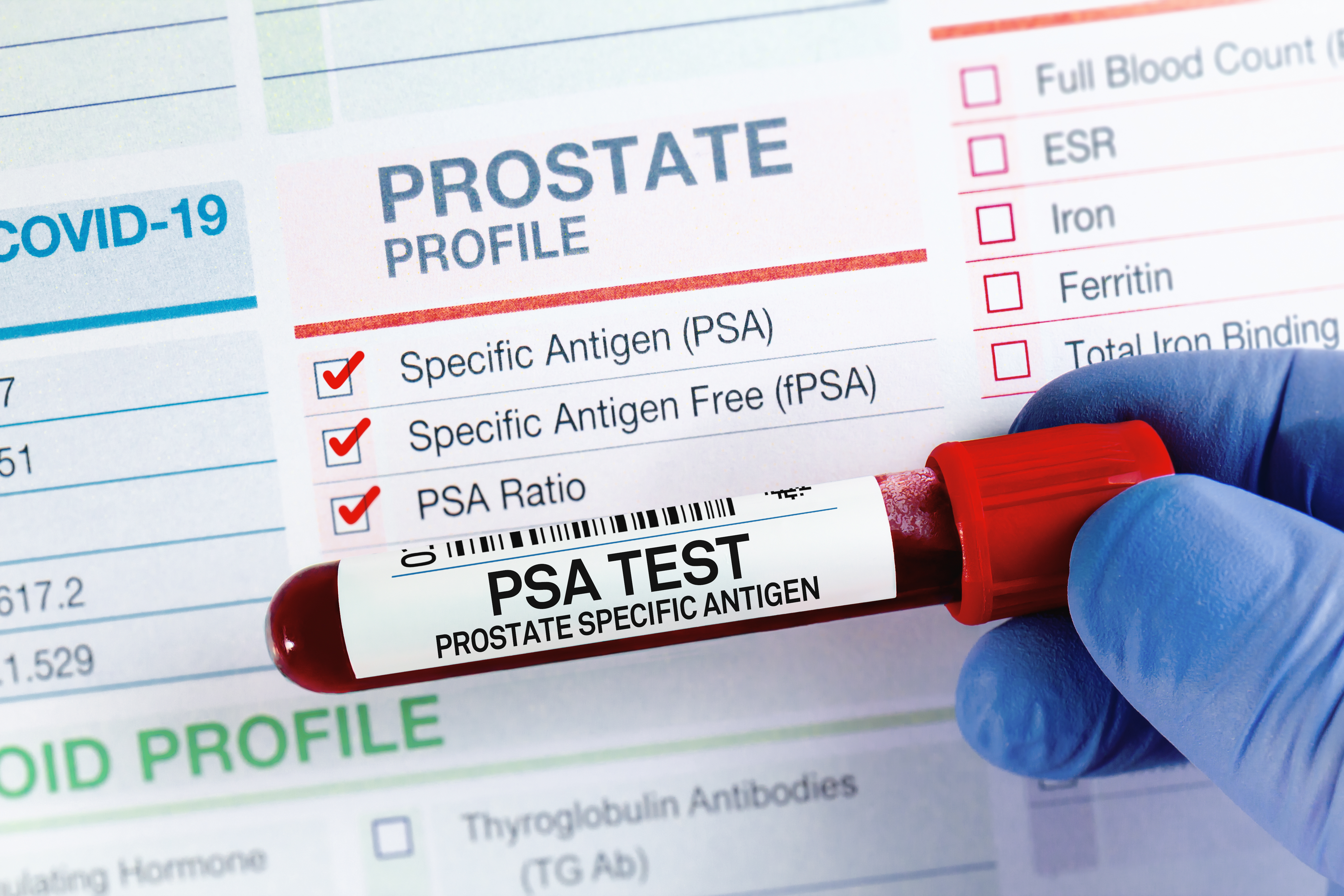 while you are on hormone therapy.
while you are on hormone therapy.
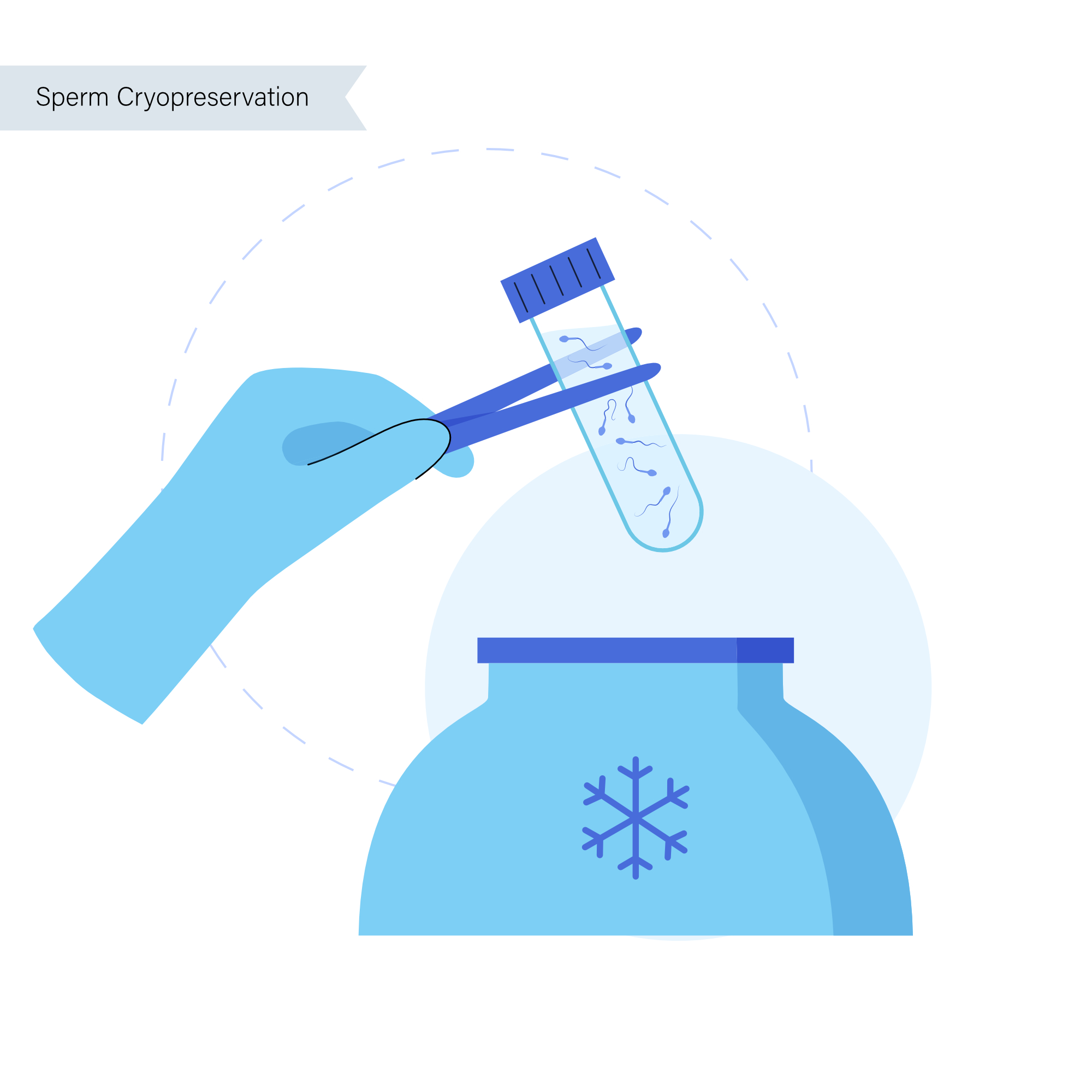

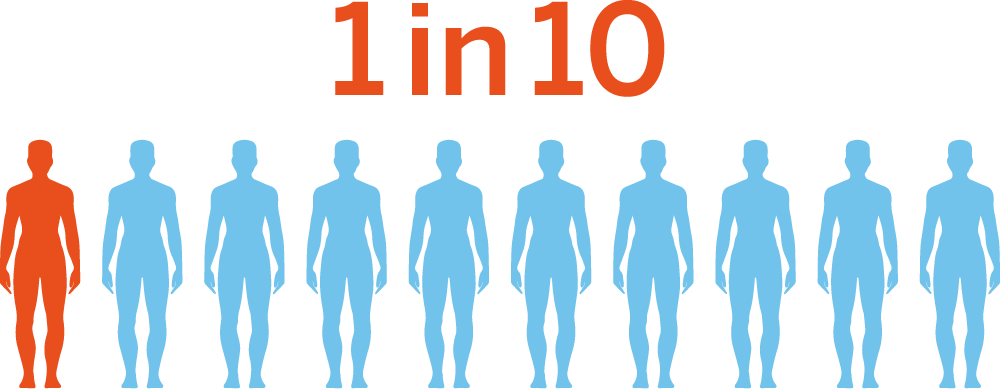




In patients with non-metastatic castration-resistant prostate cancer
In patients with metastatic hormone sensitive prostate cancer

In patients with non-metastatic castration-resistant prostate cancer


Enjoying activities such as walking or going out to the pub
75 out of 100
Ability to make good connections with others
48 out of 100
Ability to reach sexual arousal, either physically or emotionally
78 out of 100
Knowing who you are and what motivates you
66 out of 100
Feeling good and functioning well in your personal and professional life
66 out of 100
Ability to think clearly, make good decisions, and cope with your emotions
66 out of 100
Feeling of constant physical and/or mental tiredness or weakness
81 out of 100